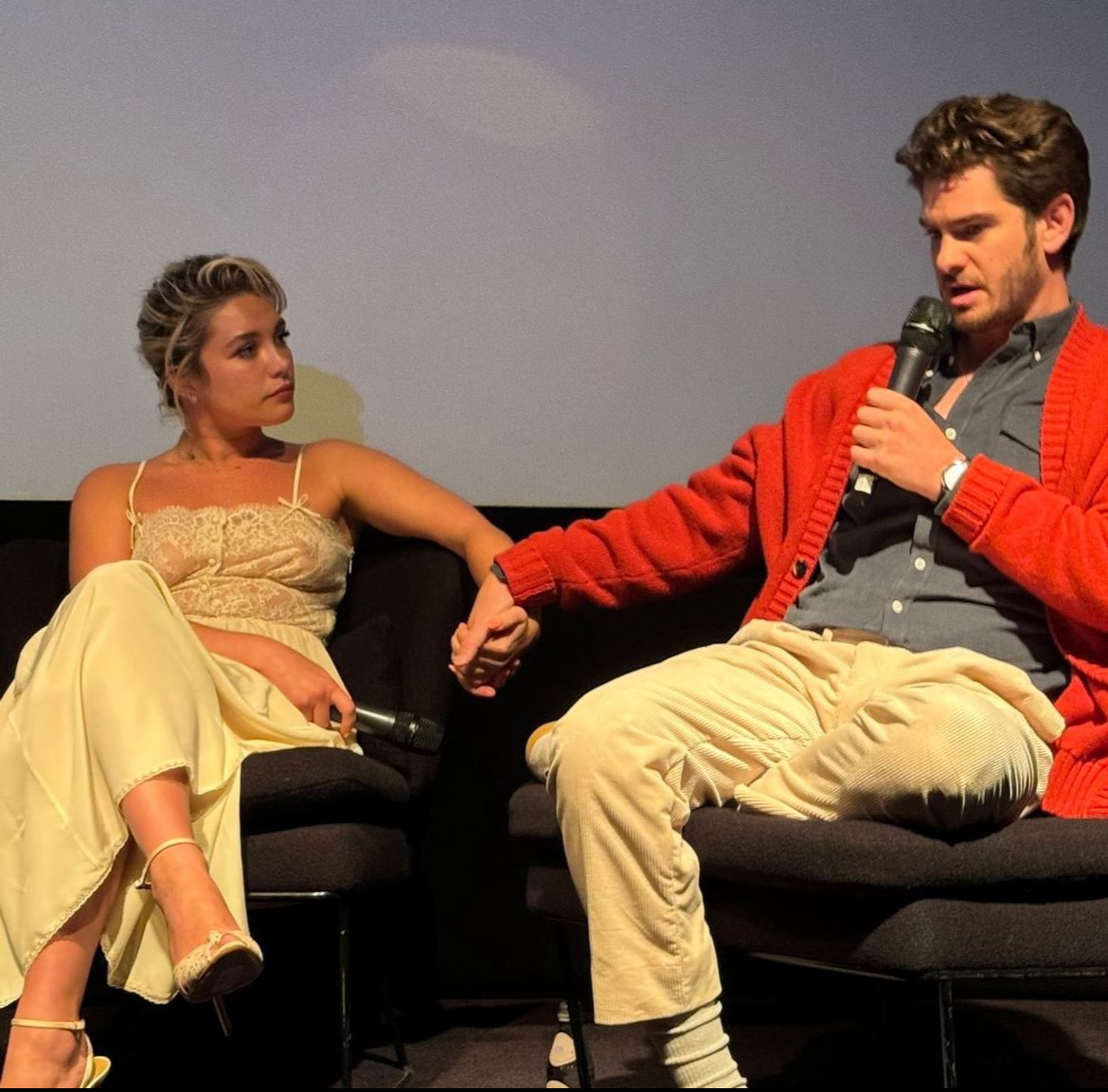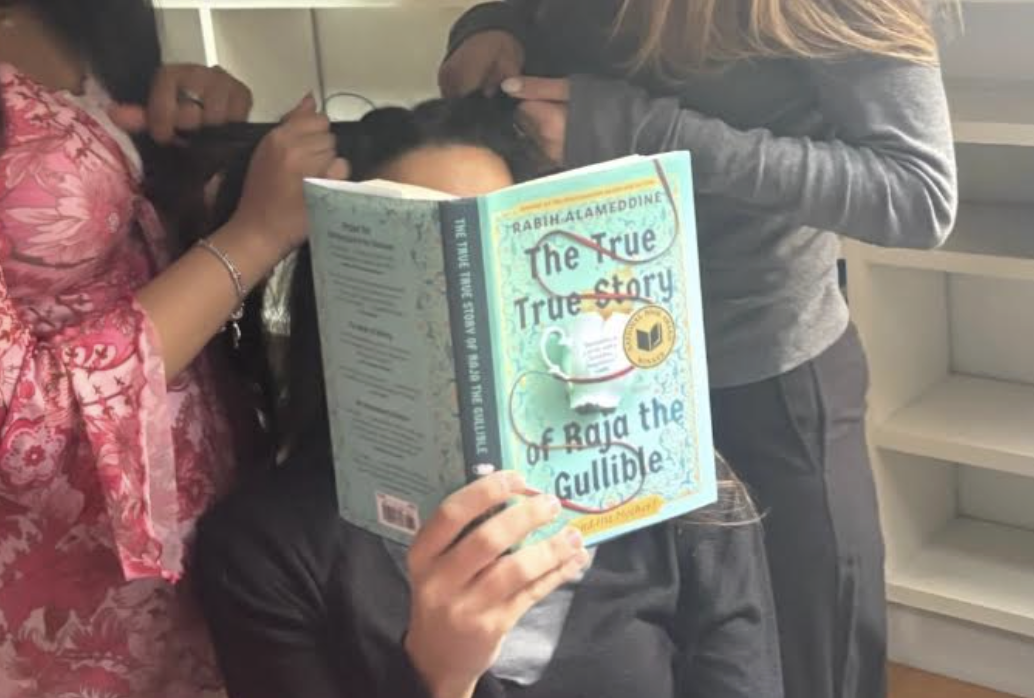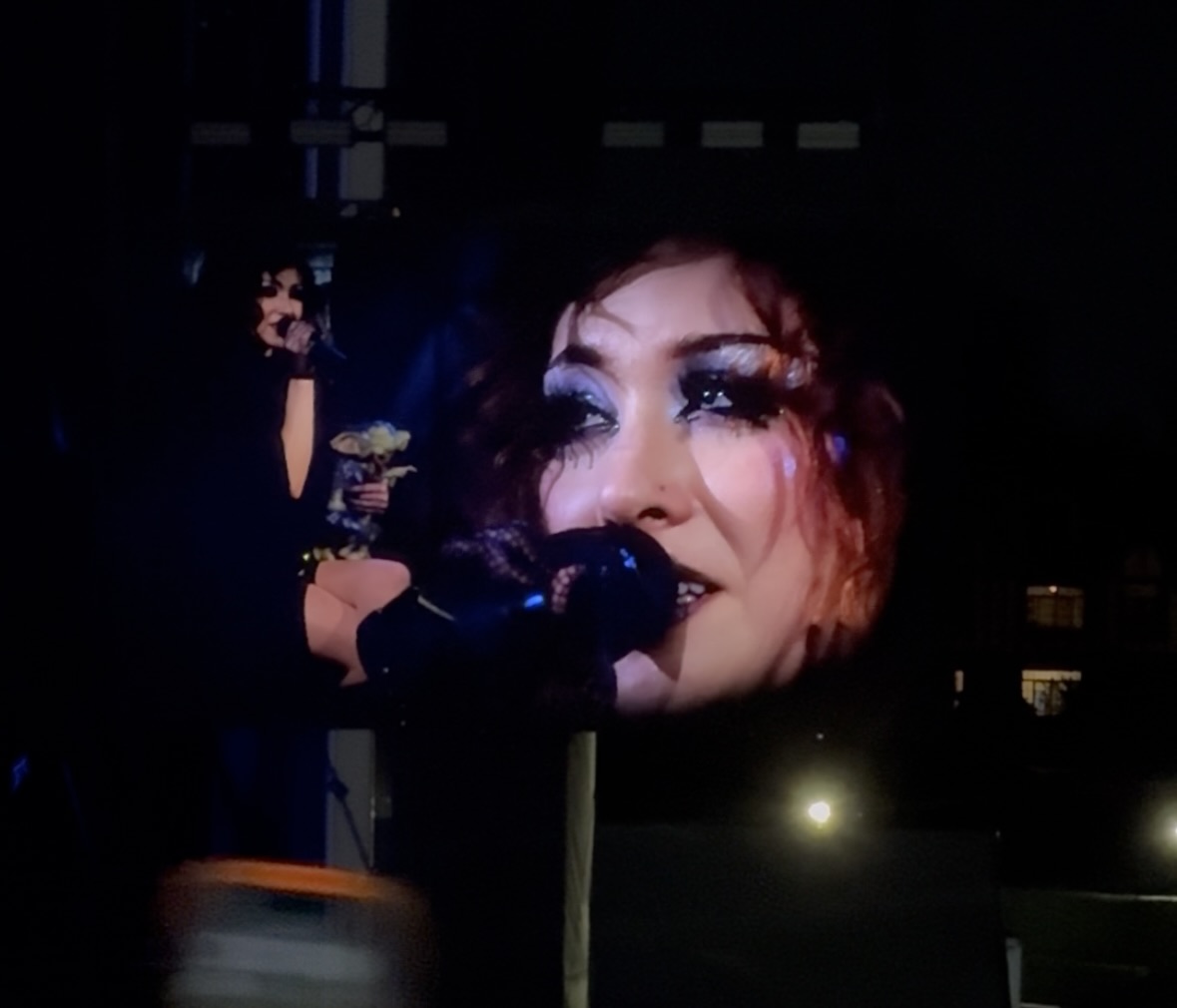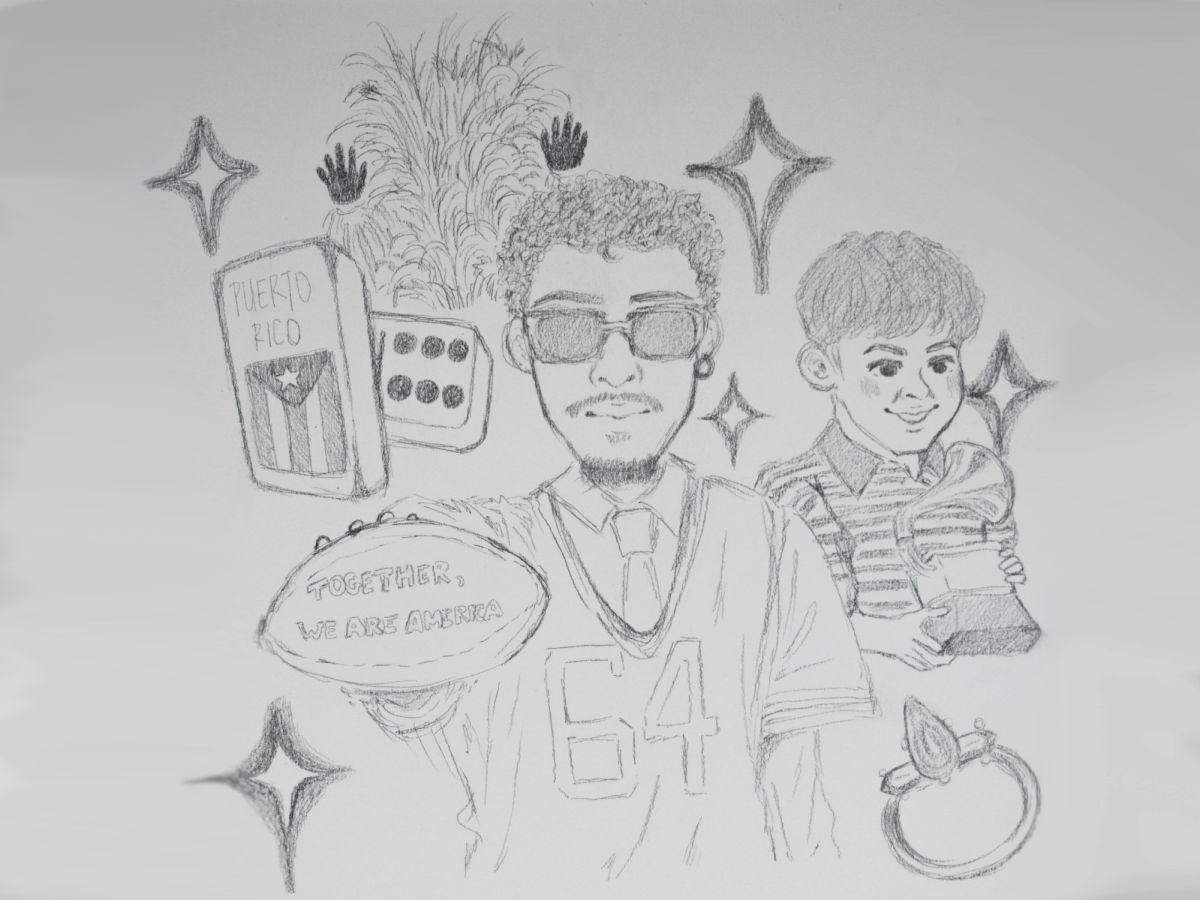“We Live in Time” is a deeply moving and emotional film about how precious time is. Director John Crowley does a phenomenal job creating a personal and intimate atmosphere for viewers.
The chemistry between the lead actors, Florence Pugh and Andrew Garfield, steals the hearts of the audience. Garfield, who had taken a two-year acting hiatus, reminds movie fans of his impressive range as an actor.
The score, arranged by Bryce Dessner, is enchanting and poignant. It is perfectly crafted for the nature of this film, matching beautifully with its message and visuals on screen.
The writing, by screenwriter Nick Payne, is one of the film’s most magnificent aspects. The dialogue feels natural while also providing poetic lines that are profound and exquisitely memorable.
All the components of this film are delightfully cohesive, coming together to create a delicate yet simultaneously woeful viewing experience.
The film spans a decade of romance between Almut and Tobias, during which they encounter numerous obstacles that threaten to alter their relationship. The major challenge they face is Almut’s cancer diagnosis.
Their love appears genuine, and the way they deal with the potentially tragic difficulties displays an inspiring level of resilience, ultimately reemphasizing the overall theme of valuing the time spent with those we cherish. The film effectively evokes emotion due to its portrayal of humanity and normalcy.
While their story is incredibly saddening, it feels authentic and not over-exaggerated. Many romantic films push fictional tropes and unlikely circumstances to create a more magical, fairytale-like atmosphere, whereas this film presents a painful reality.
It is not at all a farfetched premise, as many relationships, romantic or platonic, can end in devastating ways. The human experience of dealing with grief and immense loss is magnified if the time that was allotted was wasted.
It is crucial to live in the moment and enjoy what you have, because constantly looking ahead jeopardizes the happiness within that bond. Grief is described by Garfield in an interview on “The Late Show with Stephen Colbert” as the feeling of “unexpressed love.”
He opened up about the pain of losing his mother to pancreatic cancer and discussed the importance of allowing yourself to miss a departed loved one, confirming that the love was full and present during their lifetime.
“I’m guilty of looking ahead instead of right in front of me, at you,” Tobias says to Almut in the film, perfectly encapsulating the message the movie intends to deliver.Time is finite; it can slip through our fingers quickly and suddenly, an unstoppable force. That is why it is essential to love fully while the opportunity is present. Looking forward is wasteful and will one day be regretted, as the past is never going to return.
Appreciating every second is the only way to get the most out of any relationship and make the most of your limited time on this planet.








